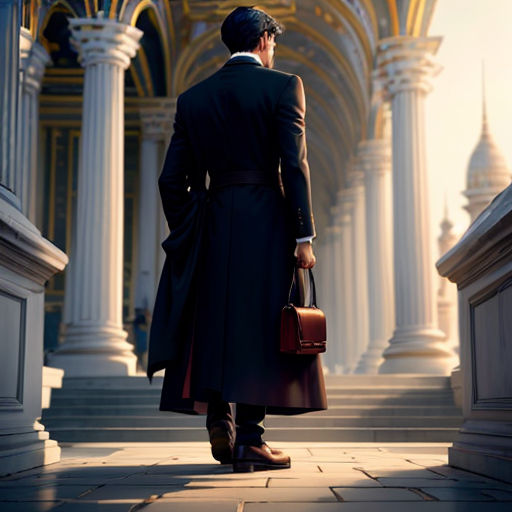
The Ugly Hunchback
By Maddiha

13 Jan, 2024
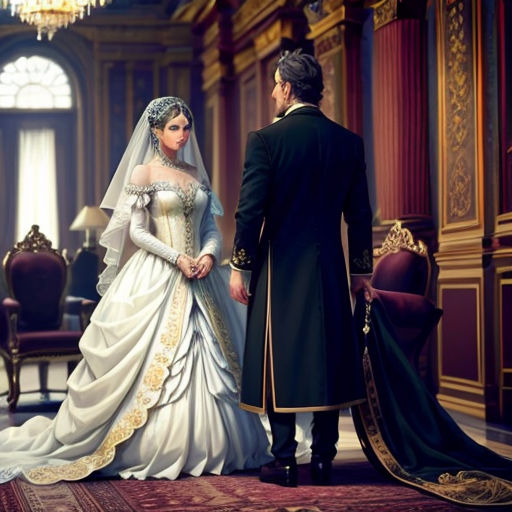
Once upon a time, in a grand palace lived a wealthy man. Despite his riches and seven wives, he was unhappy as he had no children. His vast empire had no heir, which filled his heart with sorrow.
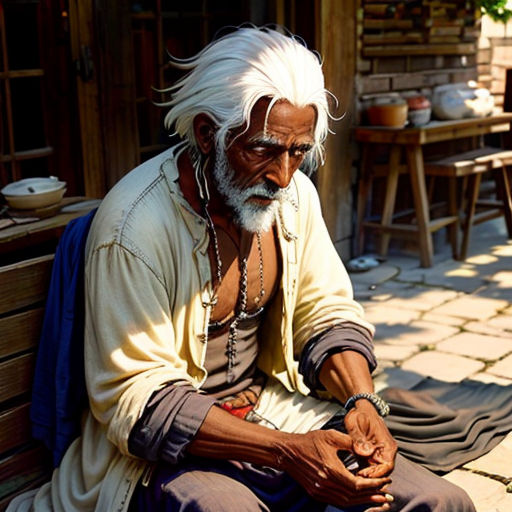
One day, as he was sitting in his courtyard, a beggar appeared. Seeing the poor man's condition, the wealthy man gave him food and clothes.
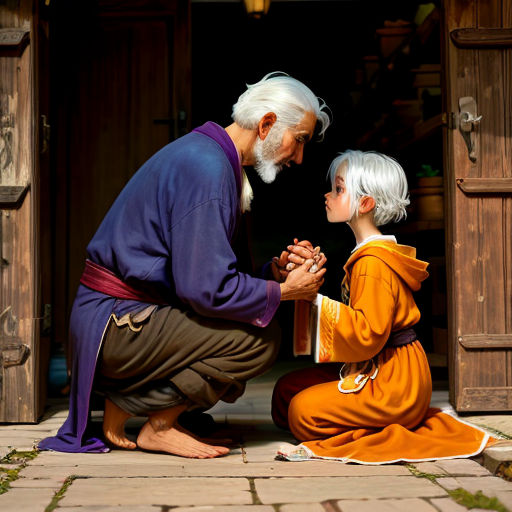
Touched by his generosity, the beggar asked the wealthy man about his sadness. The wealthy man shared his sorrow of not having an heir. The beggar smiled, reached into his bag and pulled out seven mangoes.
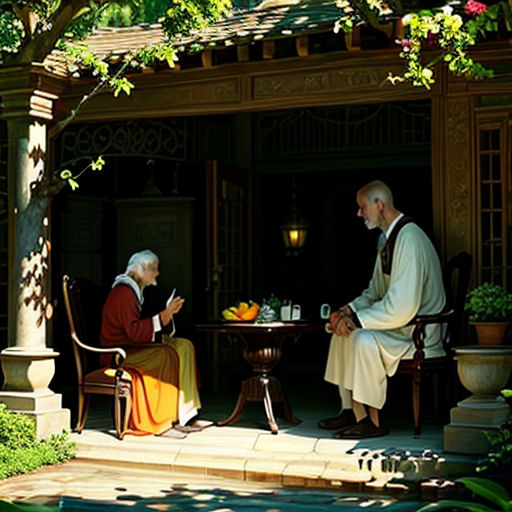
The beggar advised him to give each of his wives a mango. He said that after eating these mangoes, they would bear him sons. The wealthy man, desperate for an heir, agreed and did as he was told.

As one of his wives was about to eat her mango, she saw that half of it had been eaten by a monkey. Ashamed, she didn't tell anyone and ate the remaining half.
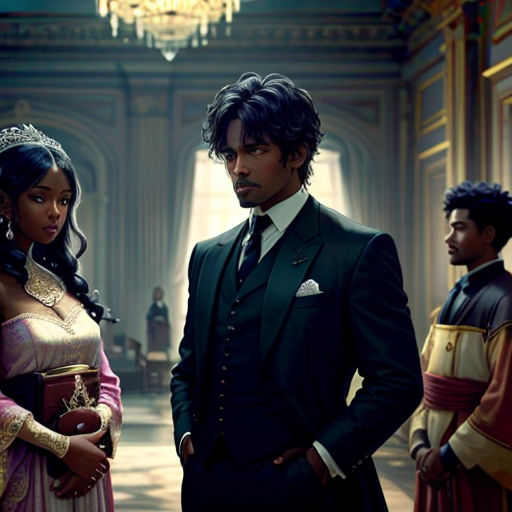
After some time, each of his wives gave birth to beautiful baby boys. However, the wife who had eaten the half-eaten mango gave birth to a hunchback child. The people named him Kubrra.
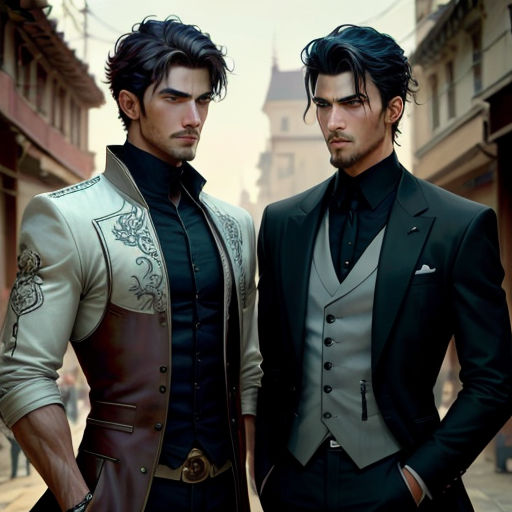
All six children grew up to be handsome young men, but Kubrra, who was deformed and ugly, was often made fun of by others. Despite the mockery, he didn't care.
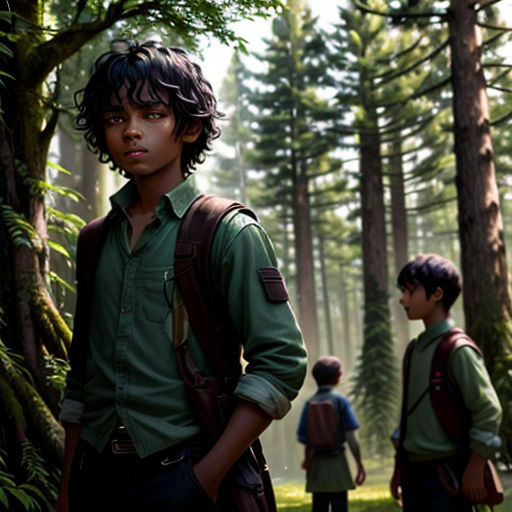
Kubrra, though distorted and ugly, was incredibly intelligent. He had a heart full of courage and a mind brimming with wisdom. His brothers, on the other hand, were more interested in physical activities like hunting.
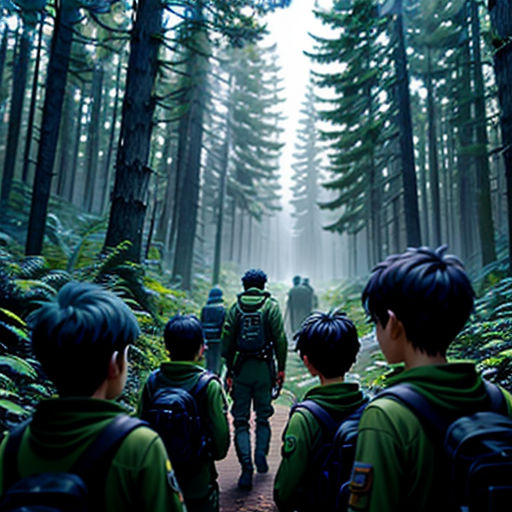
One day, the six brothers decided to go hunting in the forest. They refused to let Kubrra come along, believing he would be a burden. However, Kubrra was adamant and secretly followed them.
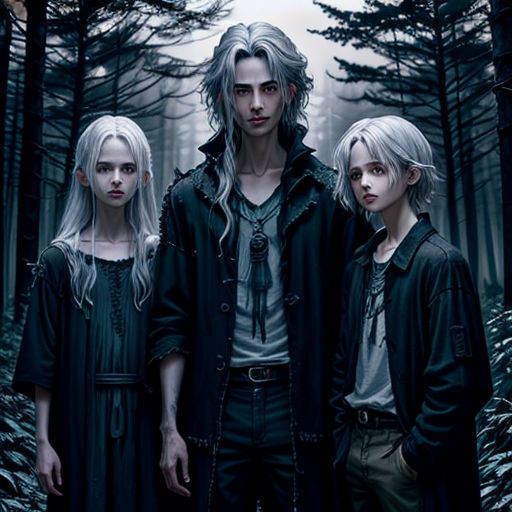
In the forest, they were captured by a vicious witch who planned to eat them. She locked them in a cage, while Kubrra, who had followed them unnoticed, watched from a distance.
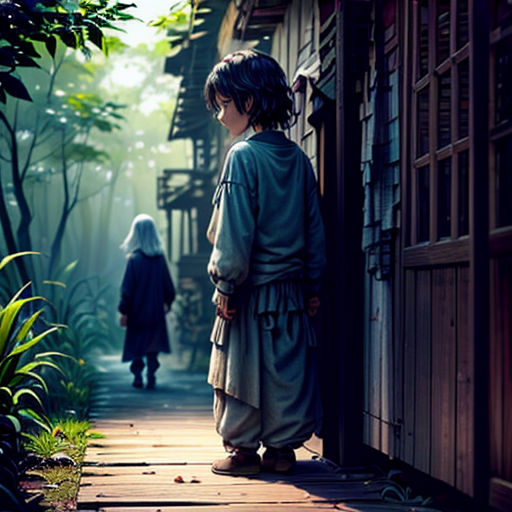
He realized it was up to him to save his brothers. Using his intelligence, he devised a plan. He quietly approached the witch's hut when she was away and found the cage where his brothers were imprisoned.
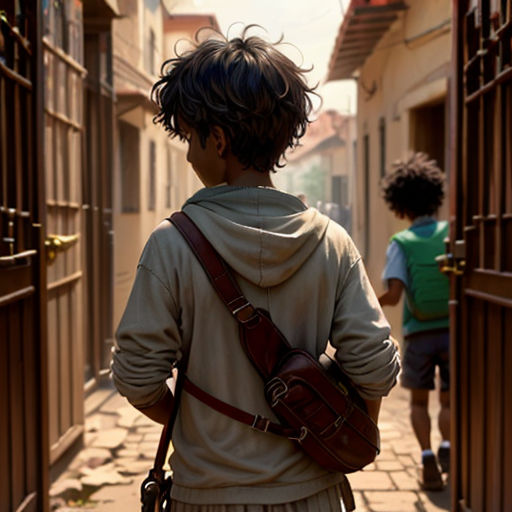
Using a sharp stone, he managed to break the lock. His brothers were surprised but grateful. They quickly escaped from the cage and followed Kubrra back to the safety of their home.
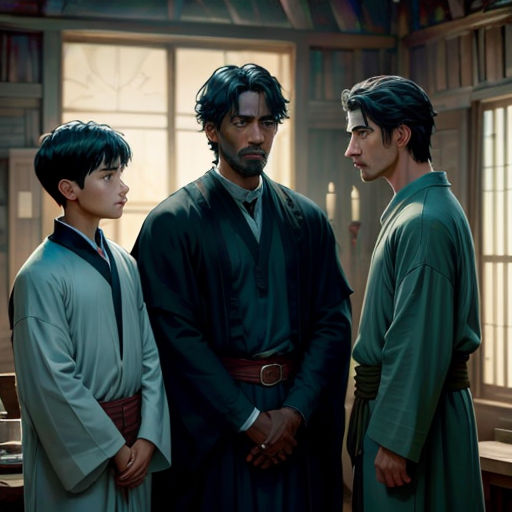
When they reached home, they narrated their ordeal to their father. They also told him how Kubrra had saved them. The wealthy man was filled with pride and gratitude towards Kubrra.
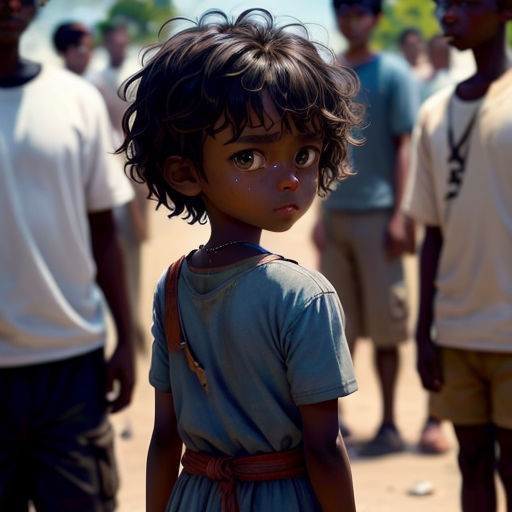
From that day forward, Kubrra was no longer ridiculed but respected. His intelligence and bravery proved more valuable than physical appearance. The people realized that true beauty lies within, not on the surface.
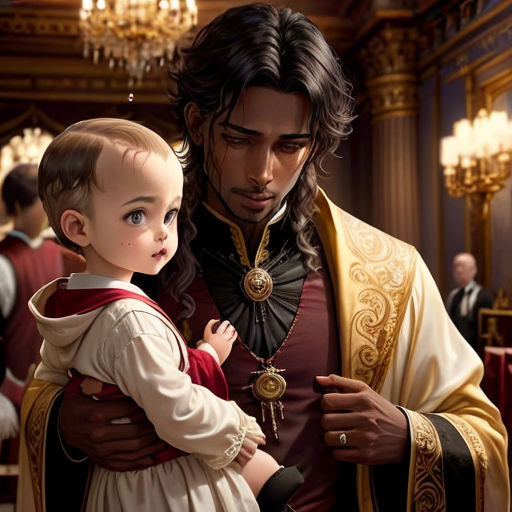
The wealthy man realized how he had underestimated Kubrra. He saw the true value of his son and declared him as his rightful heir. The kingdom celebrated, and Kubrra was honored.
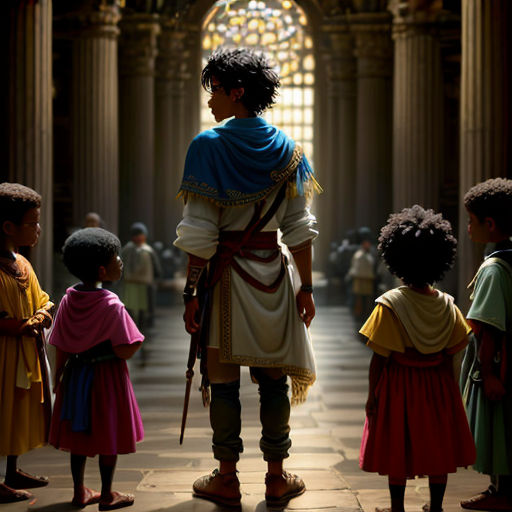
Kubrra ruled the kingdom with wisdom and kindness. He was loved by all his subjects. His story served as a lesson to all, reminding them that true worth lies not in physical appearance, but in one's character and deeds.
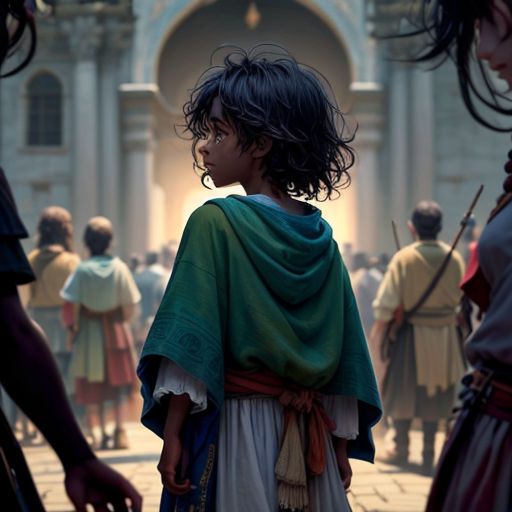
The tale of the ugly hunchback who saved his brothers and became a beloved king spread far and wide. Kubrra's story became a legend, inspiring generations to value inner beauty and wisdom over superficial appearances.
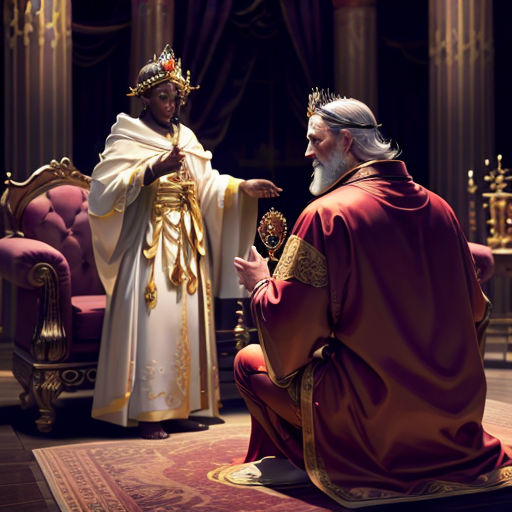
And so, the wealthy man's sorrow turned into joy, and his kingdom prospered under the rule of Kubrra. Despite his deformity, Kubrra proved that he was more than capable of being a just and wise ruler.
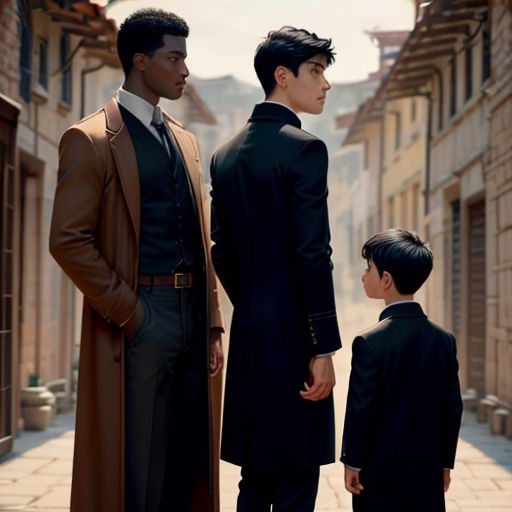
The brothers, too, learned their lesson. They realized the error of their ways and started to respect and admire Kubrra. They understood that their brother's physical appearance did not define his capabilities.
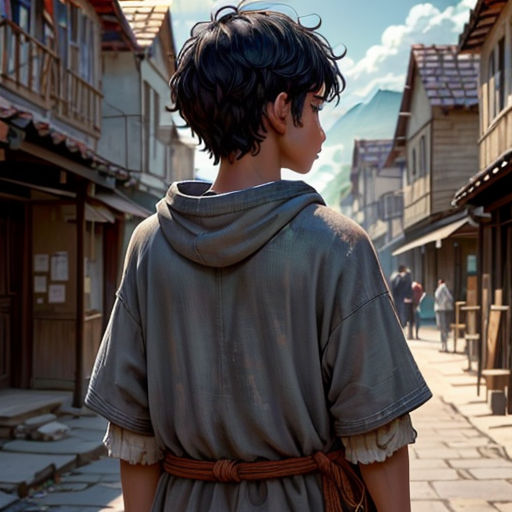
The tale of Kubrra served as a reminder to all that appearances can be deceiving, and it's the strength of character that truly matters. It taught everyone to see beyond the physical and appreciate the true beauty that lies within.
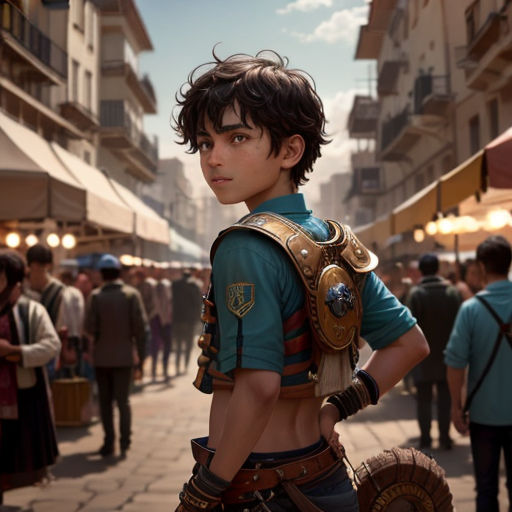
From that day forward, Kubrra was known not for his physical deformity but for his bravery, intelligence, and kind heart. He became a beacon of hope and a symbol of true beauty for his people.

Kubrra's story spread beyond the kingdom, inspiring people far and wide. His tale of courage, wisdom, and inner beauty transcended borders, creating a legacy that would be remembered for generations to come.
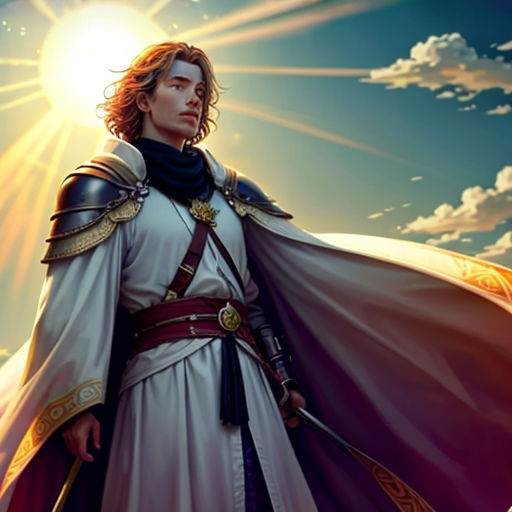
The kingdom flourished under Kubrra's rule, achieving prosperity and peace. The people were happy, and the wealthy man was content, knowing his kingdom was in safe hands. And so, they lived in harmony, cherishing the legend of their wise and brave king, Kubrra.

Despite his initial struggles and the ridicule he faced, Kubrra turned his trials into triumph. His determination and courage paved the way for his success, proving that adversity can breed greatness.

Kubrra's tale is a testament to the power of inner strength and intelligence. It serves as a reminder that one's physical appearance does not determine one's worth or capabilities. It's the actions and the character that truly define a person.
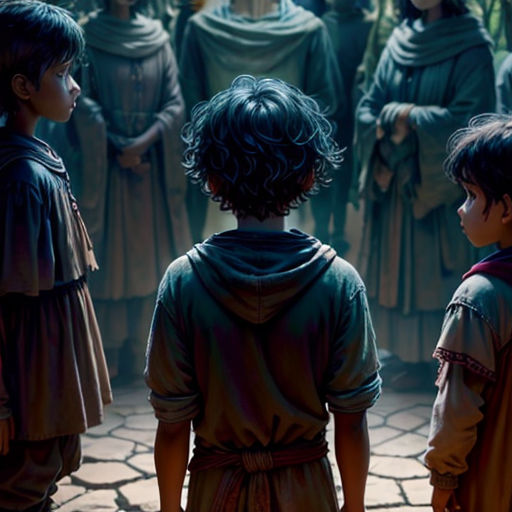
The tale of the Ugly Hunchback serves as a beacon of hope, inspiring countless souls to look beyond physical appearances and value the beauty within. It is a story that transcends time, reminding each generation of the power of inner beauty and wisdom.

And so, Kubrra's legacy lived on, inspiring people to value character and wisdom over physical beauty. His story became a beacon of hope, a symbol of courage, and a testament to the power of intelligence and kindness.

Kubrra's tale is remembered and retold, instilling valuable lessons in the hearts of many. It continues to inspire and motivate, proving that true beauty and strength lies within, waiting to be recognized and appreciated.
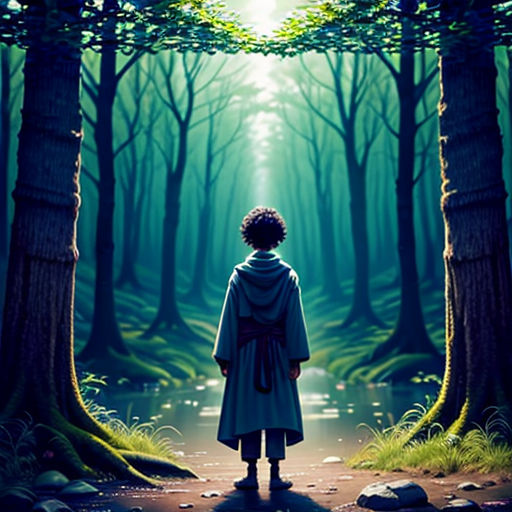
As the tale of Kubrra echoes through the ages, it serves as a reminder of the innate strength and wisdom that resides within us all. It inspires us to look beyond appearances and to value the beauty that lies within.

So, the story of the Ugly Hunchback, a tale of courage, wisdom, and inner beauty, concludes. But its teachings and inspirations live on, echoed in the hearts and minds of those who hear it.